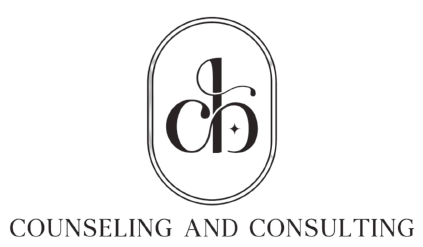Mental Health Blog

Does Forgiveness Always Mean Healing? A Realistic Take
“If I forgive them, will I finally be at peace?”
The idea that forgiveness is a required gateway to healing has been passed around like a golden rule in personal growth circles, therapy sessions, and even Sunday sermons. But let’s pause for a moment: What if forgiveness doesn’t always bring healing? What if—sometimes—it complicates it?
This might sound controversial, but it’s a conversation worth having.

The Pressure to Forgive: A Silent Burden
In the aftermath of betrayal, hurt, or trauma, society often pushes a narrative that sounds like this:
“You need to forgive so you can move on.”
“Forgiveness isn’t for them, it’s for you.”
“Holding on to anger only hurts you.”
While these statements carry grains of truth, they can also feel like a slap in the face to someone who is still trying to make sense of what happened. Forgiveness is presented not as a choice, but a requirement—a step you must take, or else risk being labeled “bitter,” “angry,” or “stuck.”
But here’s what we’re not saying enough: Healing doesn’t always walk hand-in-hand with forgiveness. And forgiveness doesn’t guarantee peace.
The Complexity Behind Forgiveness
Forgiveness isn’t just a moral or spiritual act—it’s also psychological. It requires emotional readiness, clarity, and a sense of safety that not everyone has immediately, especially when wounds are still open.
Some people rush into forgiveness hoping it will speed up their healing—only to realize later that they’ve skipped the crucial step of validating their pain. You can’t forgive what you haven’t truly acknowledged. And sometimes, in the rush to forgive, people end up minimizing their own trauma.
The truth is, forgiveness isn’t always a cure; sometimes, it’s a coping mechanism. A way to bypass discomfort or reclaim control in a situation that once felt powerless. But coping isn't the same as healing.
📌 What If You Don’t Forgive?
Here’s something people rarely say out loud: You can still heal without forgiving the person who hurt you.
Healing is about reclaiming your peace, your voice, and your sense of self. It’s about processing pain, setting boundaries, and learning how to live beyond what happened to you. Forgiveness can sometimes be a part of that process—but it’s not a guaranteed ingredient.
And for some, healing looks like acceptance without reconciliation.
Like saying: “I won’t let this define me, but I also won’t let it back into my life.”
That, too, is a form of healing.
📌 So… Should You Forgive?
Only you can answer that. And it’s okay if your answer changes over time.
Maybe right now, forgiveness feels too far away—and that’s valid.
Maybe one day, you’ll redefine what forgiveness means for you—and that’s growth.
Maybe you’ll never choose forgiveness, but still choose yourself every day—and that’s power.
The most important part? Make space for your own pace. Healing isn’t linear, and forgiveness isn't a race or a requirement. It’s an option—one of many tools, not the destination.
A Gentle Reminder as You Read This
If you’re carrying hurt that hasn’t found a resting place yet, know that your journey doesn’t need to look like anyone else’s. You don’t have to force forgiveness to prove that you’re growing. Sometimes, just surviving, feeling, setting limits, and reclaiming your story is enough.
You are allowed to heal on your own terms.
Even if forgiveness never comes.
Disclaimer: The content in our blogs are for informational purposes only and should not be considered a substitute for professional mental health advice, diagnosis, or treatment. Always consult with a qualified mental health professional for personalized guidance and care. In case of a mental health crisis or emergency, please call emergency services immediately.

© 2023 All Rights Reserved
We are offering services online via Telehealth
(614) 957-3321
Hours: Monday-Friday 9:00am-6:00pm

© 2023 All Rights Reserved

